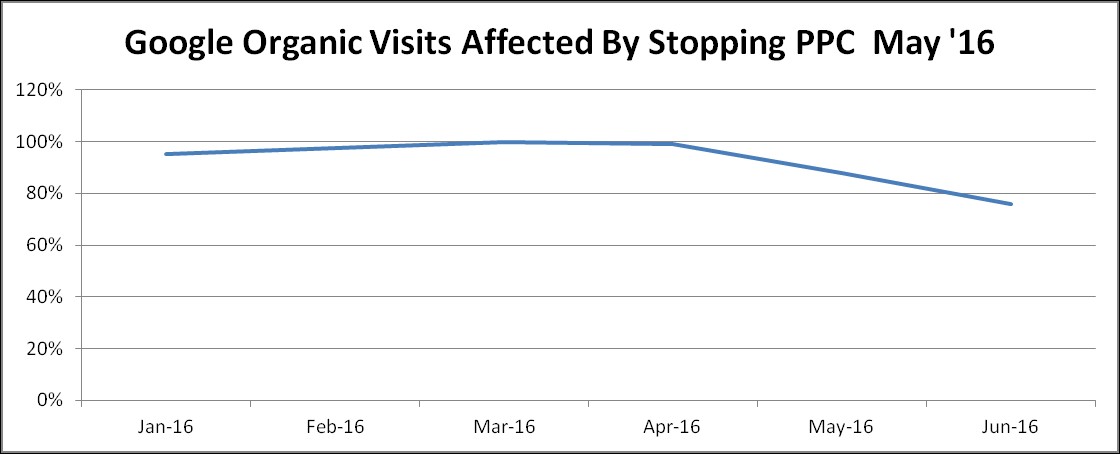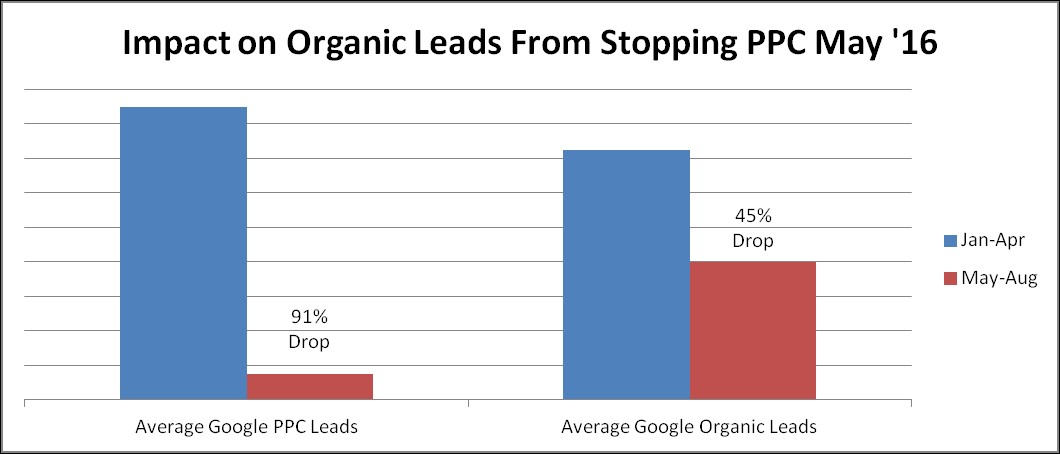 We often get questions from our doctors about paid versus organic rankings and why should they keep paying for pay-per-click (PPC) if organic is working well. Or can they get rid of PPC if their organic rankings were to improve? Is paid better than organic? Or is it the other way around?
We often get questions from our doctors about paid versus organic rankings and why should they keep paying for pay-per-click (PPC) if organic is working well. Or can they get rid of PPC if their organic rankings were to improve? Is paid better than organic? Or is it the other way around?
The simple answer is that it’s like comparing apples to oranges. What is actually important is the great synergy that goes along with running both of them together.
Let’s take a closer look.
Organic Versus Paid—Better Together
A recent article by Search Engine Land cautions against using an us-versus-them approach when it comes to PPC versus organic. They cite the following facts:
- Google has made changes over the past few years that have impacted organic traffic—and not in a good way. These changes have resulted in an overall decline of organic traffic. There is every reason to expect that these changes will continue to harm organic search.
- Businesses need to embrace both organic and paid search metrics—and let them work together. Ideally, your practice would have paid and organic listings with perfect visibility—but that is simply not feasible from a financial standpoint.
The article further explains how the two work in tandem.
Google research has also shown that even with a number one organic ranking, PPC meant a 50-percent higher click-through rate.
To further clarify, let’s take a look at a real-life example.
What Happens When You Break Them Up
One of our clients suffered an accident at the beginning of May 2016. His PPC was paused for that entire month. We restarted the PPC on a limited basis in June.
You can see from the chart what happened to organic traffic in May without the PPC campaign. After experiencing steady traffic prior to May, organic dropped to about 88 percent of normal in May and 76 percent of normal in June.
The next chart shows the average PPC and organic leads for the four months prior to May compared to the average leads with no or limited PPC running for the next four months.
This doctor’s Google organic traffic and PPC traffic had been roughly equal, as had the leads generated from both. It is interesting to see that when the PPC was removed fully or mostly, the organic traffic dropped some and the organic leads dropped even more. We expected the drop in PPC leads (91 percent) but we were somewhat surprised at the drop in organic leads (45 percent).
The practice was not running any other advertising other than PPC before or after the accident.
It is important to state that these data show a correlation between PPC and organic for both website visits and leads. They do not imply causation. Though other studies suggest they are correlated, too.
With our clients, we have found that organic search helps rankings for searches with geography included, such as “cosmetic dentistry Denver.” PPC helps clients show up for pure service keyword searches, such as “dental implants.”
Search Engine Watch has been writing about the overlap between paid and organic search for seven years. Their last report, from July 2016, reported that the landscape had changed significantly from 2015 to 2016 with mobile searches on Google having exceeded desktop for the first time. This resulted in significant changes to Google search results, and paid ads took up a significant amount of space versus organic listings.
It’s a Complicated Relationship
The takeaway is that there are clear advantages to both paid and organic search optimization—and one is not better than the other. The two share a complex bond, and it’s up to your online marketing plan to get the maximum value out of both—together.
Questions About Paid Versus Organic Rankings on Your Website?
If you aren’t sure if you are maximizing the results of your rankings, contact us at 877-322-4440 Ext. 101.

